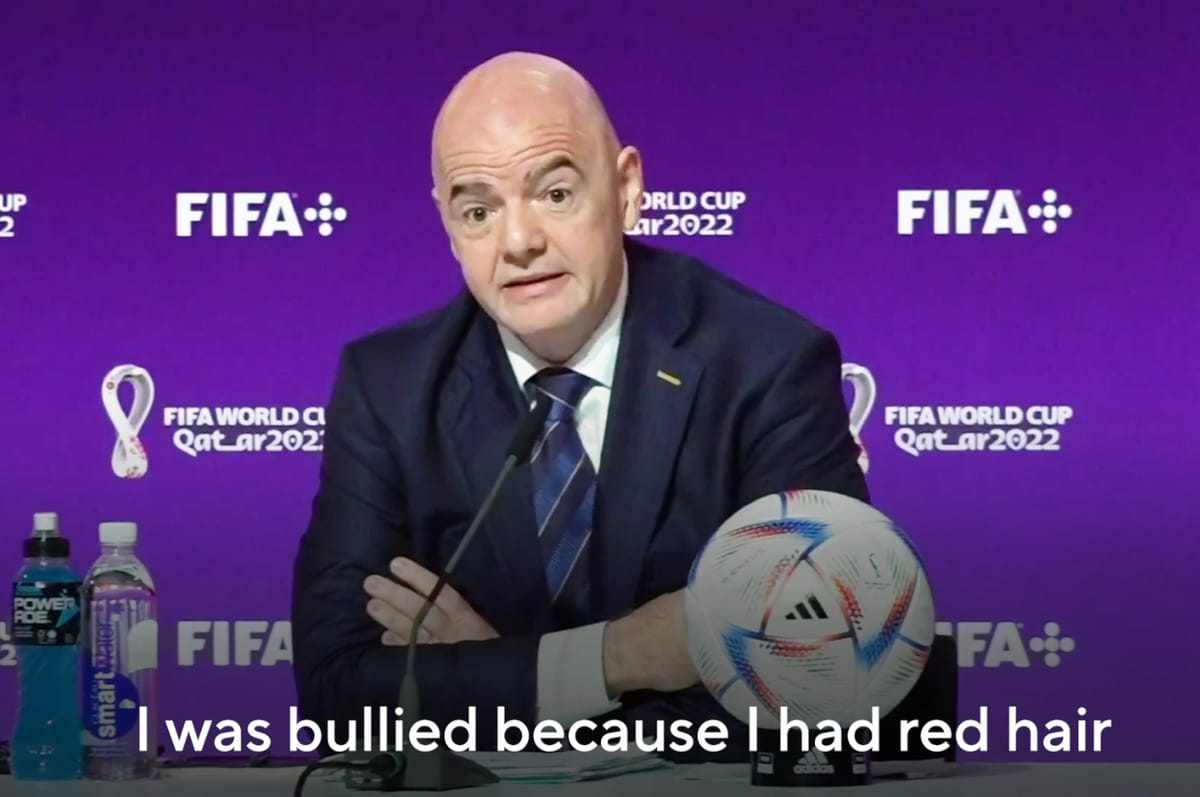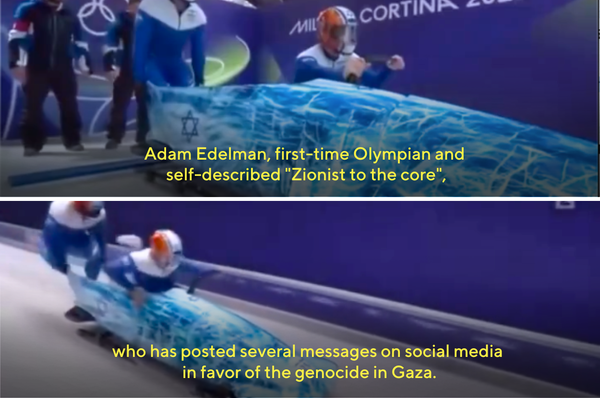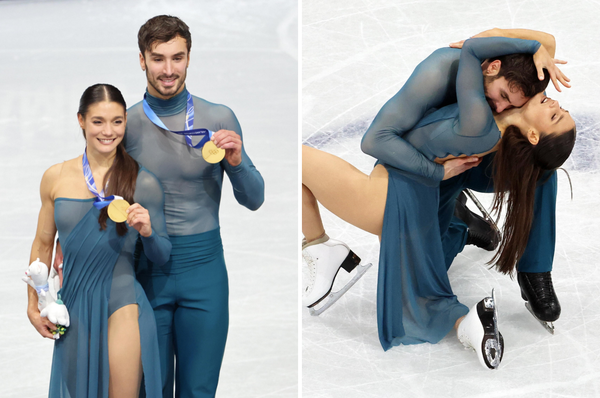FIFA’s Swiss-Italian President Said He Has Been Discriminated Against Like Migrant Workers and LGBTQ People
In an extraordinary one hour speech, FIFA’s president has slammed the West for “moral double standards” over the 2022 World Cup in Qatar, defending the host country’s human rights record and comparing himself to marginalized people.

In an extraordinary one hour speech, FIFA’s president has slammed the West for “moral double standards” over the 2022 World Cup in Qatar, defending the host country’s human rights record and comparing himself to marginalized people.
Qatar has been criticized for its treatment of migrant workers, at least 6,500 of whom have died since it won the bid to host the tournament in 2010, restriction of women’s rights and criminalization of same-sex relationships.
“Today I feel Qatari. Today I feel Arab. Today I feel African. Today I feel gay. Today I feel disabled. Today I feel [like] a migrant worker,” Infantino told journalists in Doha, a day before the World Cup began.
Infantino said he knew what it was like to be discriminated against because he was bullied at school as a child for having red hair and freckles and being Italian in Switzerland, where he didn’t speak great German.
A reporter later pointed out that he had left out women, and he proceeded to declare, “I feel like a woman.”
“What we Europeans have been doing for the past 3,000 years we should be apologizing for the next 3,000 years before we start giving moral lessons to people,” Infantino said.
He also praised Qatar’s immigration policy for letting workers from other countries to enter and work, unlike in the west.
“Give them some work. Give them some future. Give them some hope. But this moral-lesson giving, one-sided, it is just hypocrisy,” he said.
“In brushing aside legitimate human rights criticisms, Gianni Infantino is dismissing the enormous price paid by migrant workers to make his flagship tournament possible – as well as FIFA’s responsibility for it,” Amnesty International said.
“Demands for equality, dignity and compensation cannot be treated as some sort of culture war – they are universal human rights that FIFA has committed to respect in its own statutes,” it added.





